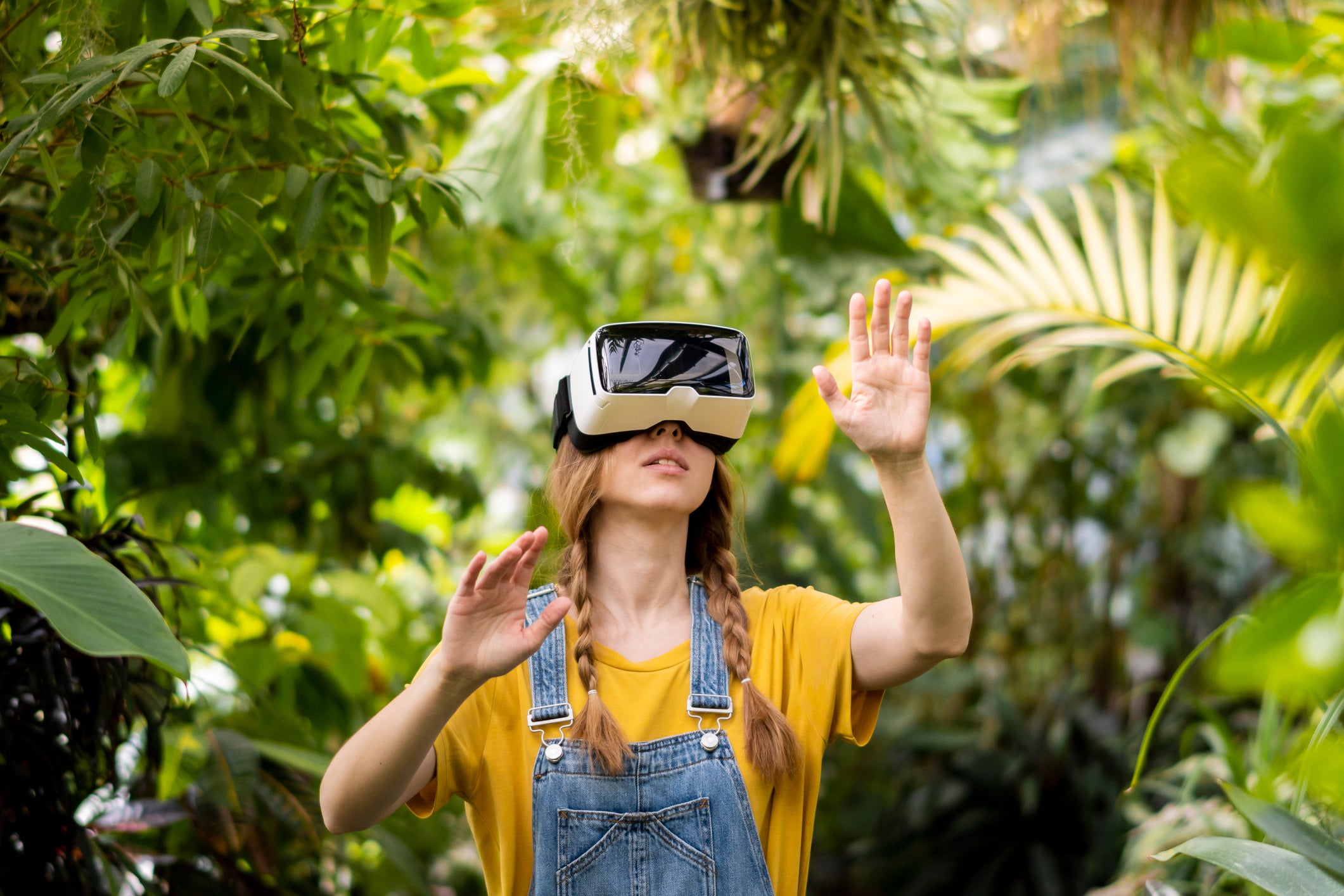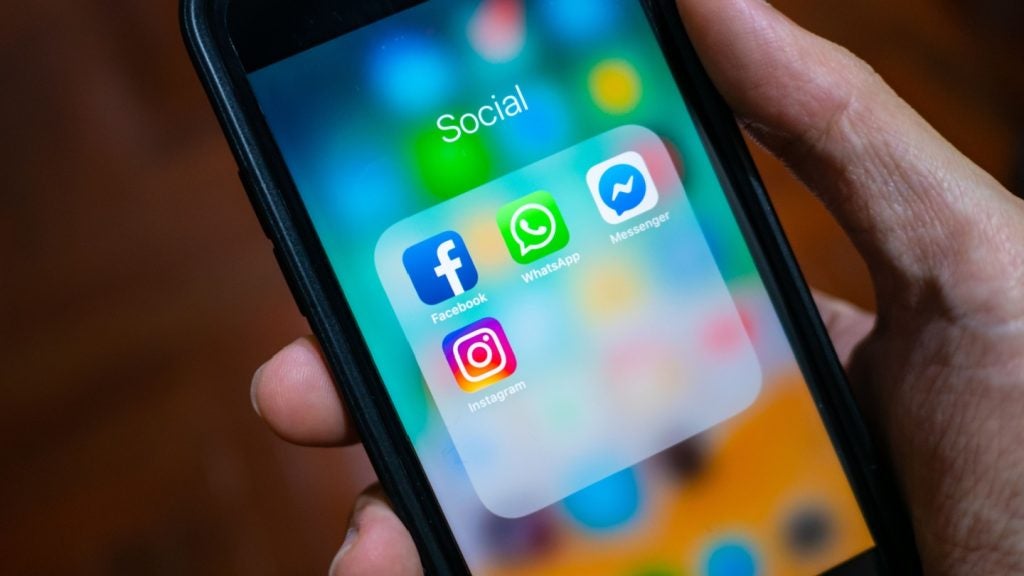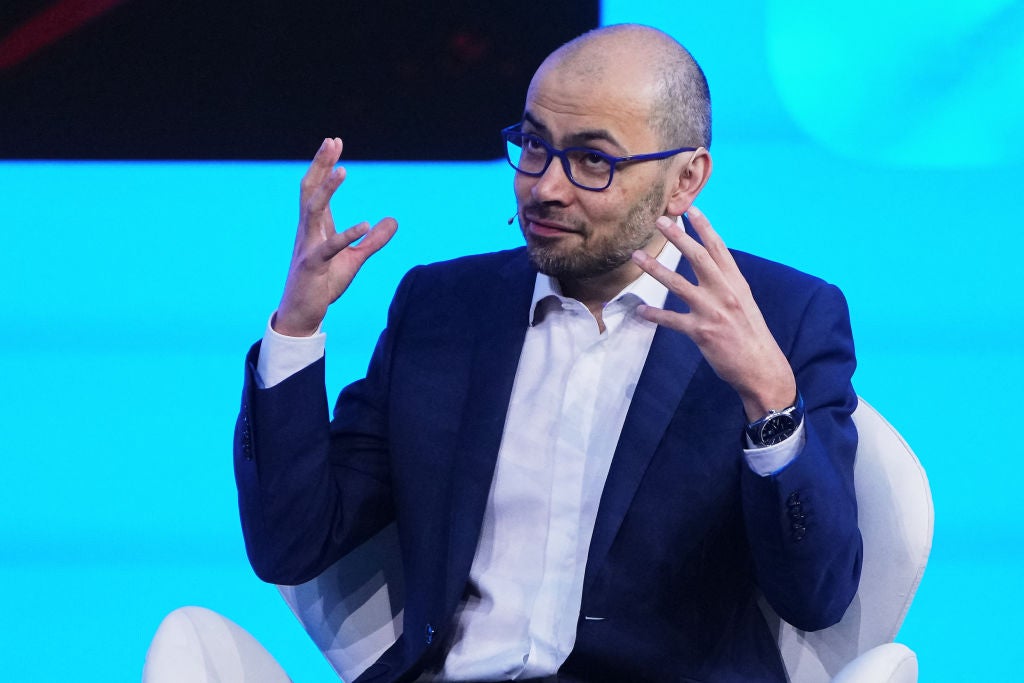
The metaverse will not sufficiently be able to replicate greenspaces to give humans the important benefits they need from nature, an expert has warned.
Talking about her recent article on the subject, Amna Mujahid, associate analyst at GlobalData, explained that while the metaverse will be able to give the illusion of nature – think people already buying virtual land – it will not be able to provide the same benefits as the real thing.
“The natural world could be recreated in the metaverse, you could have trees and wildlife,” Mujahid said in a recent podcast from the research firm.
“We’ve already seen people purchasing land on the metaverse – and that will proliferate as a concept, but it’s not going to measure up to real nature.
“We’re not going to feel the benefits of nature through a screen.”
According to research from the Finnish Institute for Health and Welfare, individuals who visited green spaces three to four times a week cut their chance of needing drugs for mental health and high blood pressure decreased by a third.
How well do you really know your competitors?
Access the most comprehensive Company Profiles on the market, powered by GlobalData. Save hours of research. Gain competitive edge.

Thank you!
Your download email will arrive shortly
Not ready to buy yet? Download a free sample
We are confident about the unique quality of our Company Profiles. However, we want you to make the most beneficial decision for your business, so we offer a free sample that you can download by submitting the below form
By GlobalData“This is just the latest in a string of studies revealing the importance of regular access to nature for health and our wellbeing, both physical and mental,” Mujahid added.
Mujahid described Generation Z as the key group pushing the metaverse forward, besides the obvious big tech heavyweights.
“This cohort is our next generation of customers and employees, and what’s important to note is that they’re digital natives, they grew up on digital content and on the immersive online experiences that are already present in our world,” Mujahid told the podcast.
“[Generation Z] will continue to set the pace for the metaverse developments, and ultimately they will set the pace for who proceeds and who flops.”
Because of this Mujahid believes it is important to make clear that the metaverse will not be able to replicate the much-needed beneficiaries of nature.
“We need to remember that Gen Z are still humans and when it comes to nature they need access to it as much as the rest of us,” Mujahid said.
“When we speak about the evidence it’s never ending, a quick google search will pull up dozens upon dozens of quantitative studies explaining the benefits of [access to] nature for every generation.”
The metaverse is described by GlobalData as “a virtual environment where people can interact with each other in real-time while taking part in activities like work, play, and shopping.”
According to Mujahid, however, the metaverse is “still largely conceptual” and “concrete use cases are few and far between”.
“In time there is hope that it will be this immersive real-time user experience, where people can work play, shop, make payments – basically carry out all their daily functions but virtually.
“At the moment we have to remember that it’s still in its early stages.”







